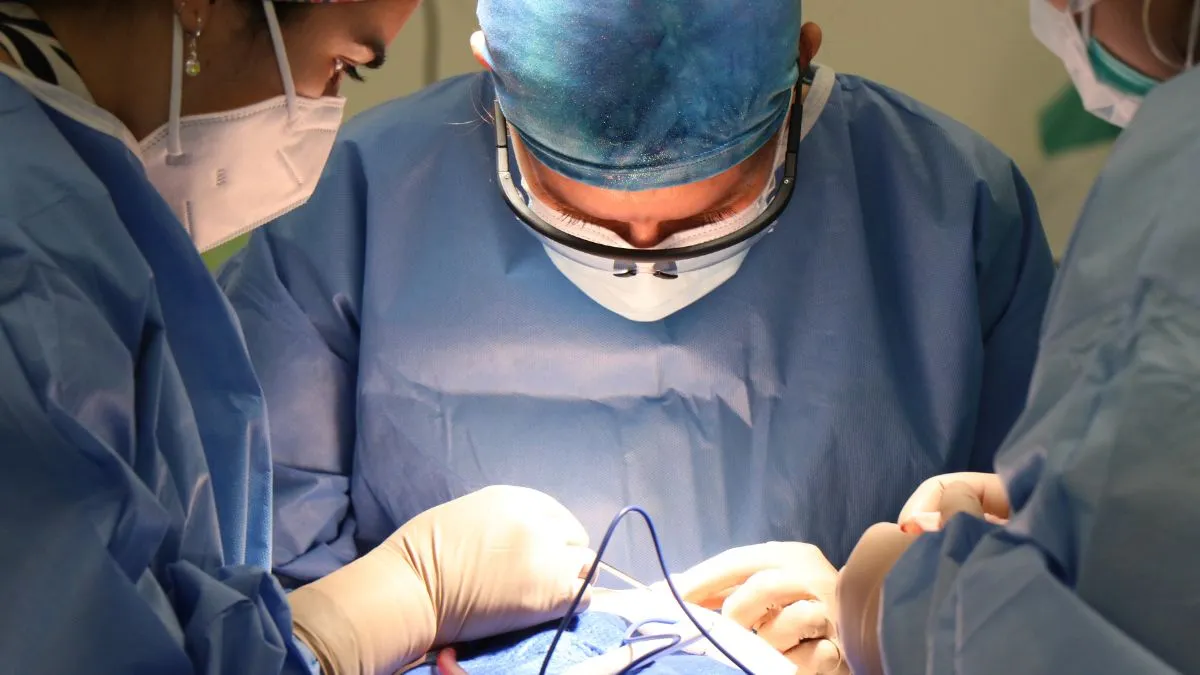- By Bornika Das
- Sat, 02 Aug 2025 09:02 PM (IST)
- Source:JND
When someone is diagnosed with cancer, one of the first questions they often ask is, “Can it be completely removed with surgery?” It’s a question filled with hope, urgency, and sometimes fear. Surgery has long been a cornerstone of cancer treatment, offering the potential to physically eliminate the disease from the body. But the reality isn’t always straightforward. While surgery can be curative in some cases, particularly when the cancer is detected early and confined to one area, it’s not a universal solution. Understanding when and how surgery works and when it might not is essential for making informed, confident decisions.
The truth behind surgical cancer treatment from a doctor’s perspective, delving into the factors that influence its success. From the stage of cancer and tumour biology to the risks of microscopic spread and the role of modern surgical advancements, you’ll learn what really determines whether surgery can cure cancer. In conversation with The Daily Jagran, Dr Sreedharan M, Consultant - Surgical Oncology, Manipal Hospital Goa, reveals the truth about surgery curing cancer.
Cancer surgery is most effective and potentially curative when the cancer is localised—stage I or II, meaning it hasn’t spread beyond its site of origin. In such cases, complete removal is often possible. Examples include breast, thyroid, cervical, uterine, colon, head and neck, lung, and liver cancers. In these cases, surgery can offer a real chance of cure.
ALSO READ: Why Are Non-Smokers Getting Lung Cancer? Doctor Reveals The Hidden Causes
However, an important factor to consider is the microscopic spread. Dr Sreedharan M shares, “Even when we remove a tumour entirely, cancer cells might have already migrated—silently—to lymph nodes or distant organs, undetectable by scans.” This is why surgery is frequently followed by chemotherapy, radiation, or targeted therapy to ensure that hidden cells are also treated.
-1754148551063.jpg)
Cancer Surgery (Image Credits: Canva)
Modern surgical oncology is no longer about just “cutting out the tumour.” It’s about precision, preservation of function, and personalisation of cancer care. Advancements such as laparoscopic and robotic surgery have made operations far less invasive, reducing pain, speeding up recovery, and enabling early return to work. Procedures like sentinel lymph node biopsy now help avoid the unnecessary complications of more extensive surgery.
ALSO READ: Lucknow Cancer Institute To Recruit 96 New Doctors; Interviews Begin After 8-Year Gap
Yes, many patients are cured by surgery alone, especially those diagnosed in early stages. But for others, surgery is one step in a complex, multi-modality approach to treating cancer. Dr Sreedharan M shares, “Each patient’s journey is unique and requires thoughtful decisions based on evidence and centred around the individual’s condition, goals, and quality of life.”
While surgery can completely remove cancer in select cases, it is not a one-size-fits-all or a guaranteed solution. It is a powerful tool, most effective when used wisely, precisely, and with humility, as part of a broader strategy to give each patient the best possible chance of cure and recovery.

